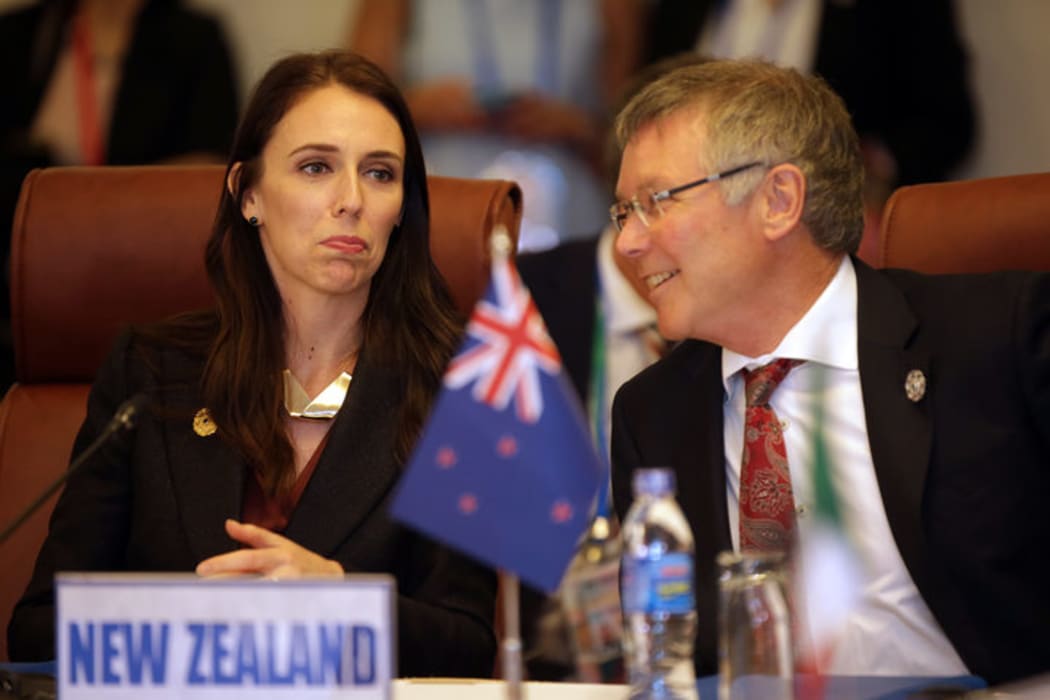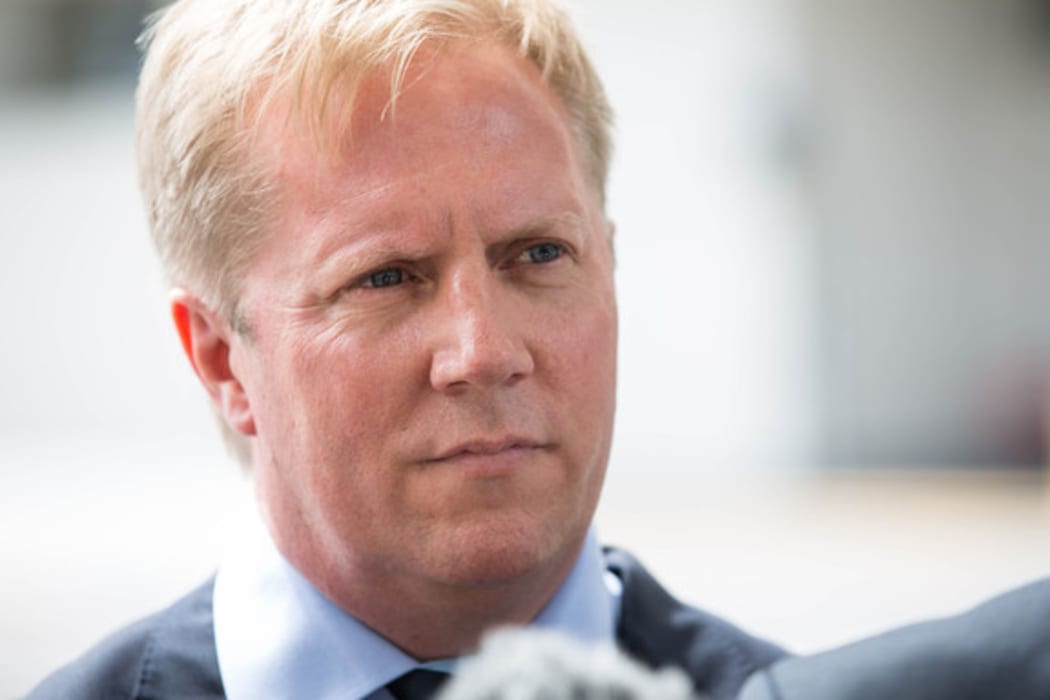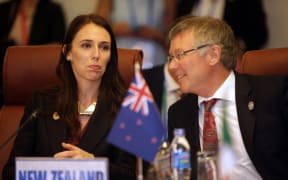The government will have to rely on support from the opposition National Party to get the revised Trans-Pacific Partnership over the line, with the Greens once again ruling out legislative support.

Photo: AFP
That's despite New Zealand First now being willing to support the controversial deal as a result of changes negotiated in the months since the new government was formed.
It has been touch and go for the 11 country trade deal, after the United States pulled out and Canada played hardball at the Asia-Pacific Economic Cooperation or APEC in Danang last November.
However, it is back on track after talks in Japan, with member countries now working towards signing the deal on 8 March.
Speaking at Ratana, Prime Minister Jacinda Ardern said she talked directly to the Canadian Prime Minister Justin Trudeau last week about moving the deal forward and to offer New Zealand's support on certain issues that had been a stumbling block for his country.
Ms Ardern said now the deal could proceed.
"Obviously there have been bumps in the road along the way with this agreement so we wouldn't want to get ahead of ourselves with where the agreement stands now but certainly this is another step towards the finalisation."
As part of the renegotiated agreement, member countries have settled on less stringent rules under which investors can sue governments.
But that has not satisfied Green leader James Shaw.
"We know that those have been limited but the problem is countries can shop around for jurisdictions to operate from, so it just doesn't meet our threshold."
It was a "strength" of the government, he said, that the various parties could "agree to disagree" on certain issues.
After long opposing the deal, New Zealand First will now support it.
Leader Winston Peters said his party would never have backed the "protection racket" advocated by the National government.
"I was concerned about other aspects where we would maintain our sovereignty, we would have our right to determine who buys in our country and the investor disputes clause has been substantially changed."
National's trade spokesperson Todd McClay said his party was open to supporting the necessary legislation, but wanted the government to release the details of the deal before it was signed.
The Labour-led government should not wait for the other member countries to agree before making the substance of the agreement public, he said.
"They, and particularly New Zealand First, were vociferous in their condemnation of National as a government around openness and transparency, I would be really surprised if they weren't going to release the text before the signing."
That was not something the government had yet considered, said Ms Ardern.
"I'd need to check the process for that, of course that was something we pushed for from opposition and there's no reason why we wouldn't want to be as transparent as possible."

National's trade spokesperson Todd McClay wants details of the deal released before it is signed. Photo: RNZ / Cole Eastham-Farrelly
And Federated Farmers President Katie Milne welcomed news of the agreement and urged politicians to give it their support.
"It does have clear benefit for New Zealand Inc., so I'm sure that everyone will get on board."
Kim Campbell from the Employers and Manufacturers Association said there were broader implications than the deal itself.
"In spite of the anti-globalisation moves and Donald Trump and everything else, this signals the connectivity story is alive and well and strong."
Something even more positive, he said, was the continued bi-partisanship over trade in New Zealand, with the Labour-led government building upon the work of its predecessor.
From here, member countries will work towards signing the deal in Chile in early March.
After they have to ratify the deal - for New Zealand that involves making sure the law restricting foreign house sales is in place, and passing the enabling legislation.
The deal would take effect 60 days after the deal has been ratified by at least six of the member countries.







